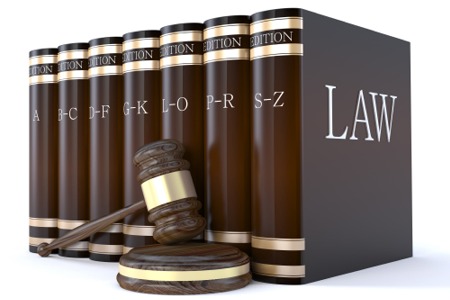Have you ever wondered how a bill gets past?
I remember when I was just 10 years of age asking my parents that same question. My parents took me to visit both the Capitol Building in Washington, DC. and the White House.
The after school special from School House Rock titled ‘I’m Just a Bill’ really got me interested in the question on what is a law and how do laws get passed.
I first saw the School House Rock special video below back in 1975. Dave Frishberg created the music and lyrics, Jack Sheldon performed the production and Phil Kimmelman & Associates did the animation.
Passing a bill is not easy, it takes a lot of patience, time and effort. A legislator starts out with an idea, citizens in that area who want a particular law passed contact their Congressman or Representative. If the Congressman agrees then he will work with legislative staff to write out a bill which will be introduced to Congress. This bill will stay a bill until it is decided that Congress wants it to become law.
The “I’m Just a Bill” Video that was introduced back in 1975 is just as useful for all ages to learn about how bills become laws. This video that I first saw back in 1975 was the first time that I recall being introduced to the subject matter that got me interested in the law and subsequently interested in becoming an attorney.
A great place to search for case law is CourtListener a free law project and federally-recognized 501(c)(3). Free Law Project seeks to provide the public free access to primary legal materials, develop legal research tools, and support academic research on legal corpora. CourtListener embodies all of these efforts, as the primary free repository of all the court opinions that their co-founders Brian W. Carver & Michael Lissner have collected, as the platform on which we deploy legal research tools, and as the source of bulk downloads that enable academic researchers to study their collection.
The website collects legal opinions from court websites and from data donations, and their aim is to have the best, most complete data on the open Web over the next several years. This free law project is slowly expanding to provide search and awareness tools for as many state courts as possible, and they already have tools for all of the Federal Appeals Courts.
When I first discovered Court Listener I typed in my surname and found Chadrow v Kellman a Pennsylvania Supreme Court case about gift law and discovered a great great uncle William Chadrow I knew nothing about before reading the case. You can type in your name and see if you come up with any family relatives you were not aware.
.
